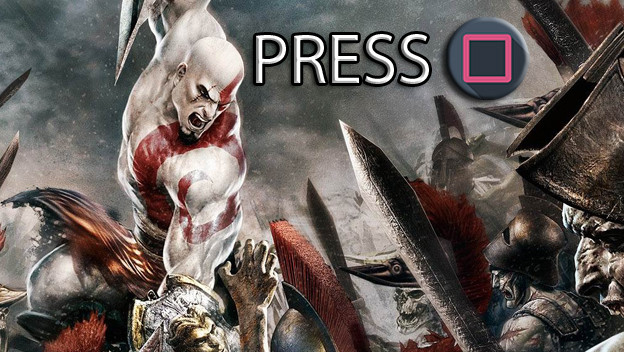What’s the worst thing that can happen to you while you’re playing a game that isn’t a bug or glitch? Sit back and ponder that question. It has to be something that could seriously end up impeding your progress or breaking you out of your groove. Are you thinking what I’m thinking? If so, quick time events (QTEs) immediately popped in your head.
QTEs are one of the most annoying gameplay concepts that has come up in the last fifteen years. Starting with their initial appearance as limit break inputs in games like Final Fantasy VI , they’ve come to represent what’s wrong with gaming. These brief events could have been performed with other actions or depicted with movie segments instead of high pressure situations where it may feel like the end of the world if you only hit the X button three times instead of four.
Instead of making success about skill, reasoning, or any other ability that has been honed by playing games for years, QTEs bring in casual mechanics that are akin to button mashing. I bring this up because Until Dawn is out this week and is a PS4 game built around the mechanic. Like Heavy Rain and Beyond , it’s an adventure game where all you do is rely on knee jerk responses to play. It feels like something that could lessen the experience or story, creating artificial tension since many of the choices could result in a life-or-death experience.
QTEs cheapen things. Someone who is experienced with adventure games could have done better, maybe survived, with a system that relied upon wits and reasonable actions, rather than press up, then X, then down right now.

It certainly cheapens other games. When QTEs show up in titles like God of War or Metal Gear Solid , they’re taking you away from established systems. You might have already proven yourself by coming close to finishing a boss with hard work in God of War or sneaking past guards in Metal Gear Solid , only to have trifling QTEs determine whether or not you deserve to proceed.
There are some games that feel like they do need QTEs to accomplish their goals, yes. Until Dawn can certainly be considered one of them. But there are better ways to accomplish such things. Adventure games have been doing so for years. Instead of hollow victories based upon who was able to press buttons as frantically as possible, developers should be striving for games that deliver quality experiences that don’t rely on cheap gimmicks.
